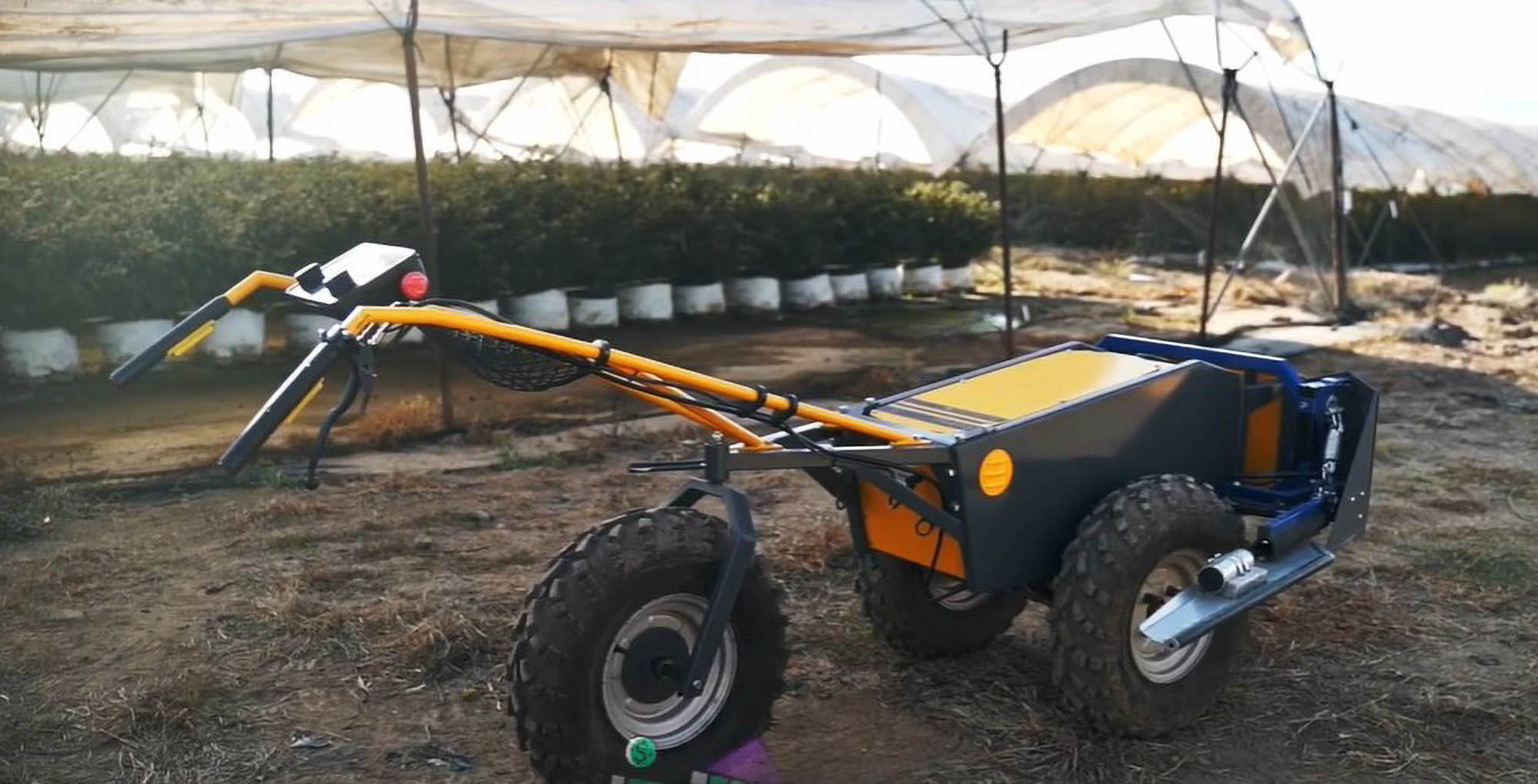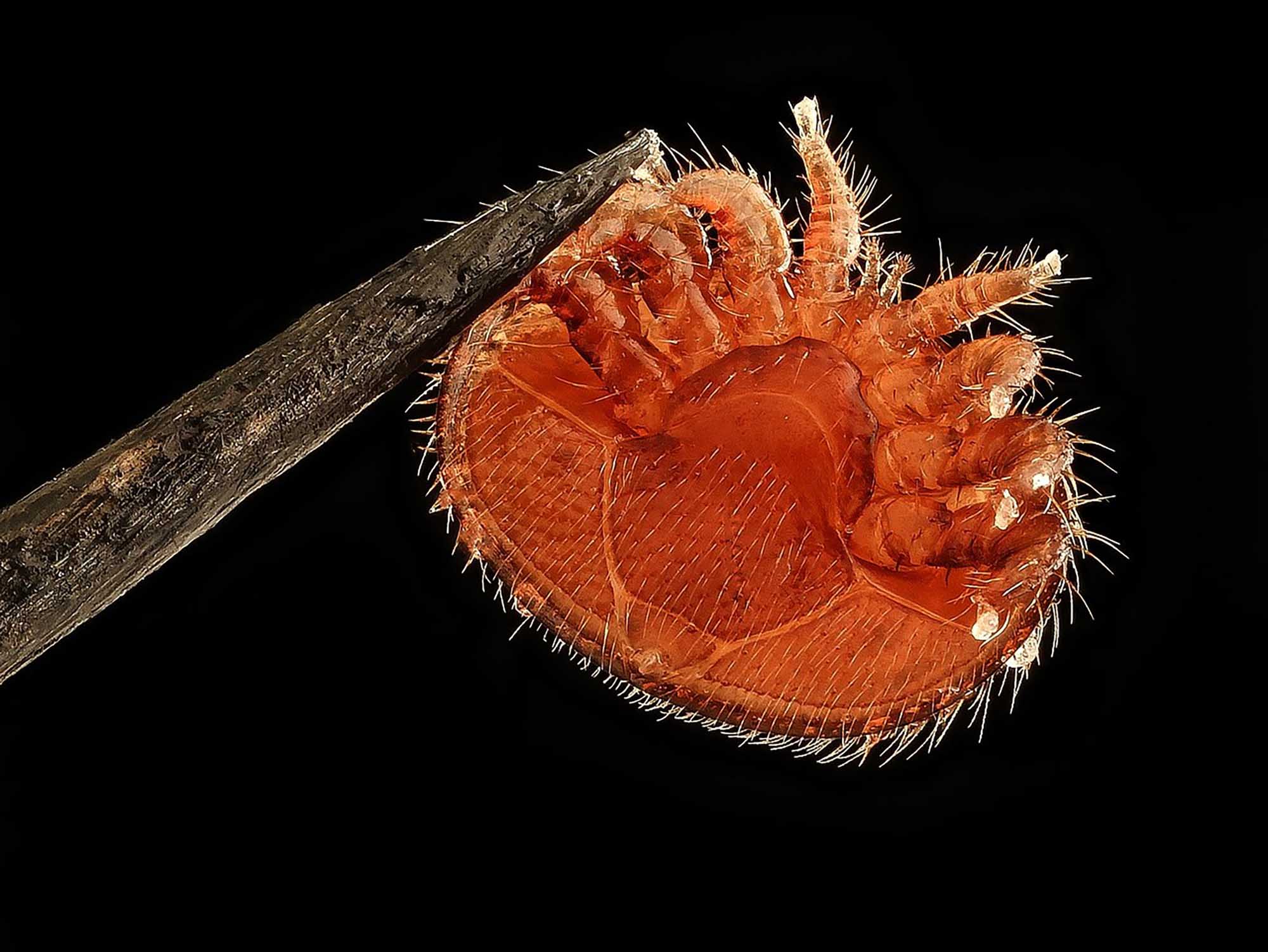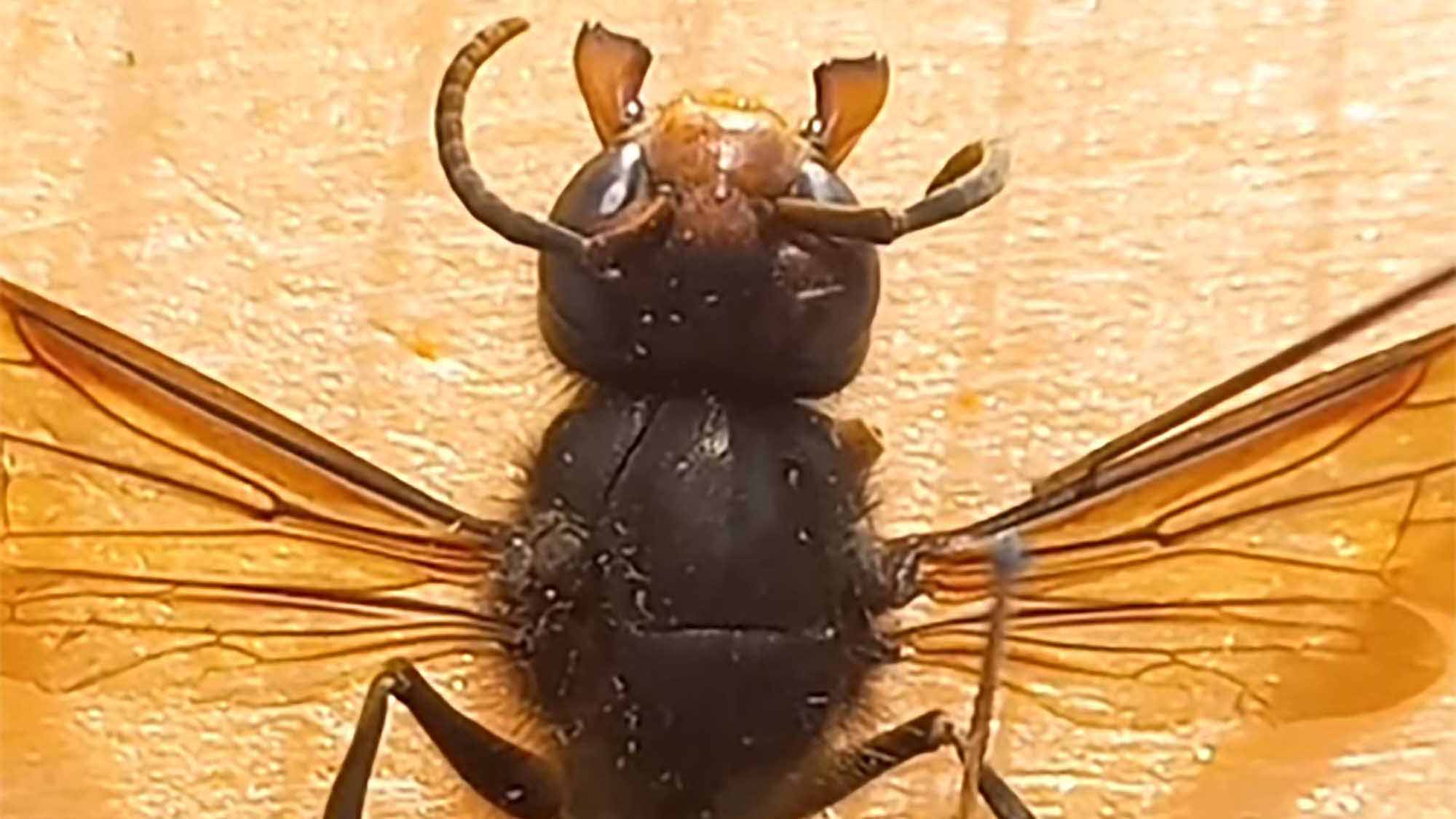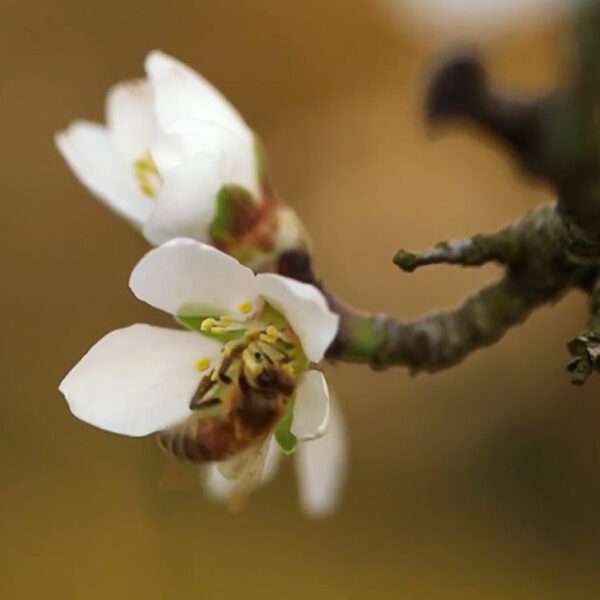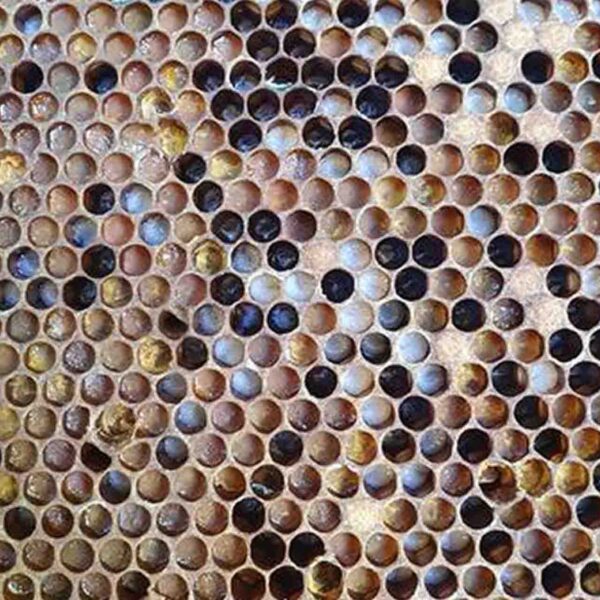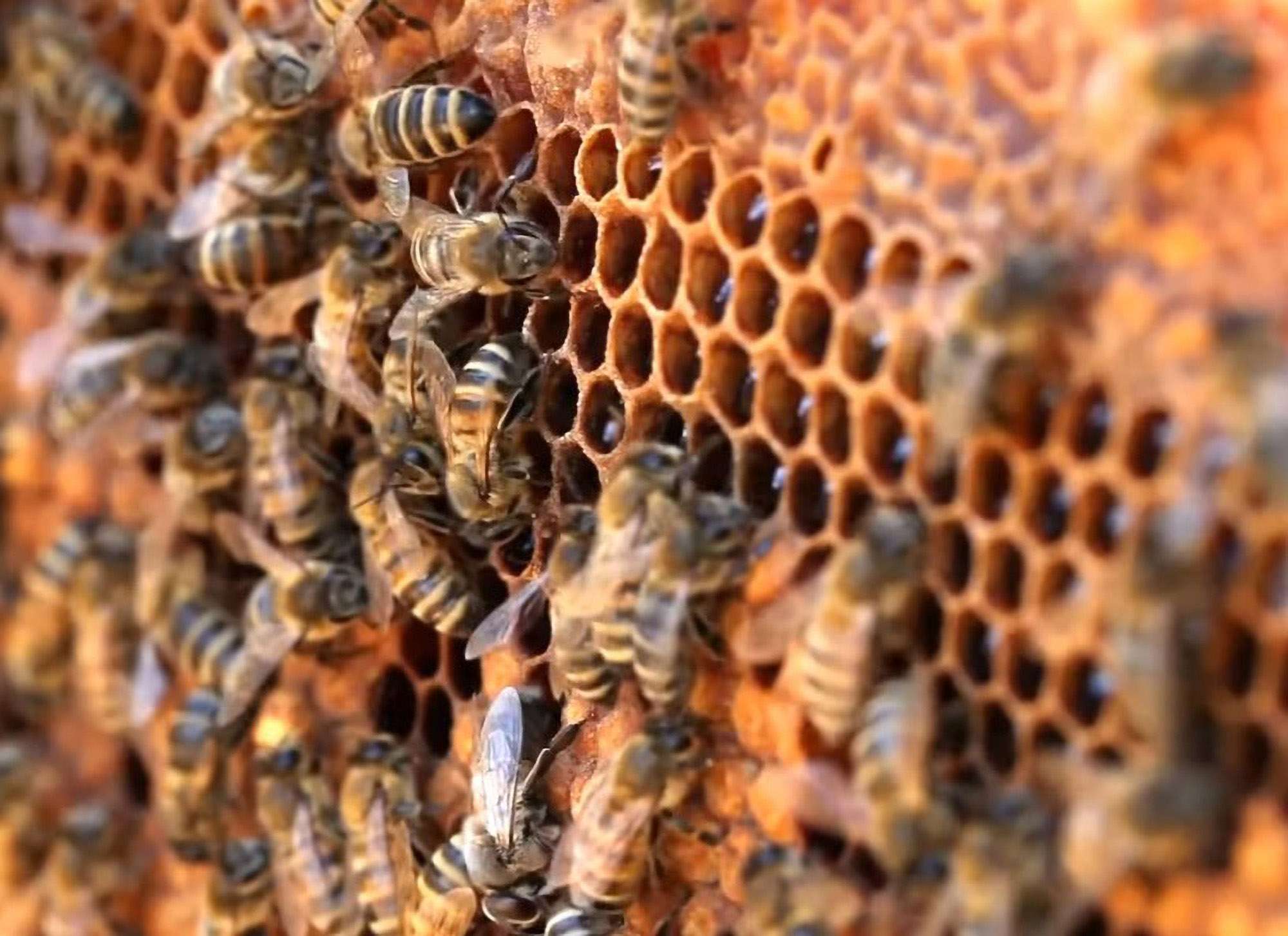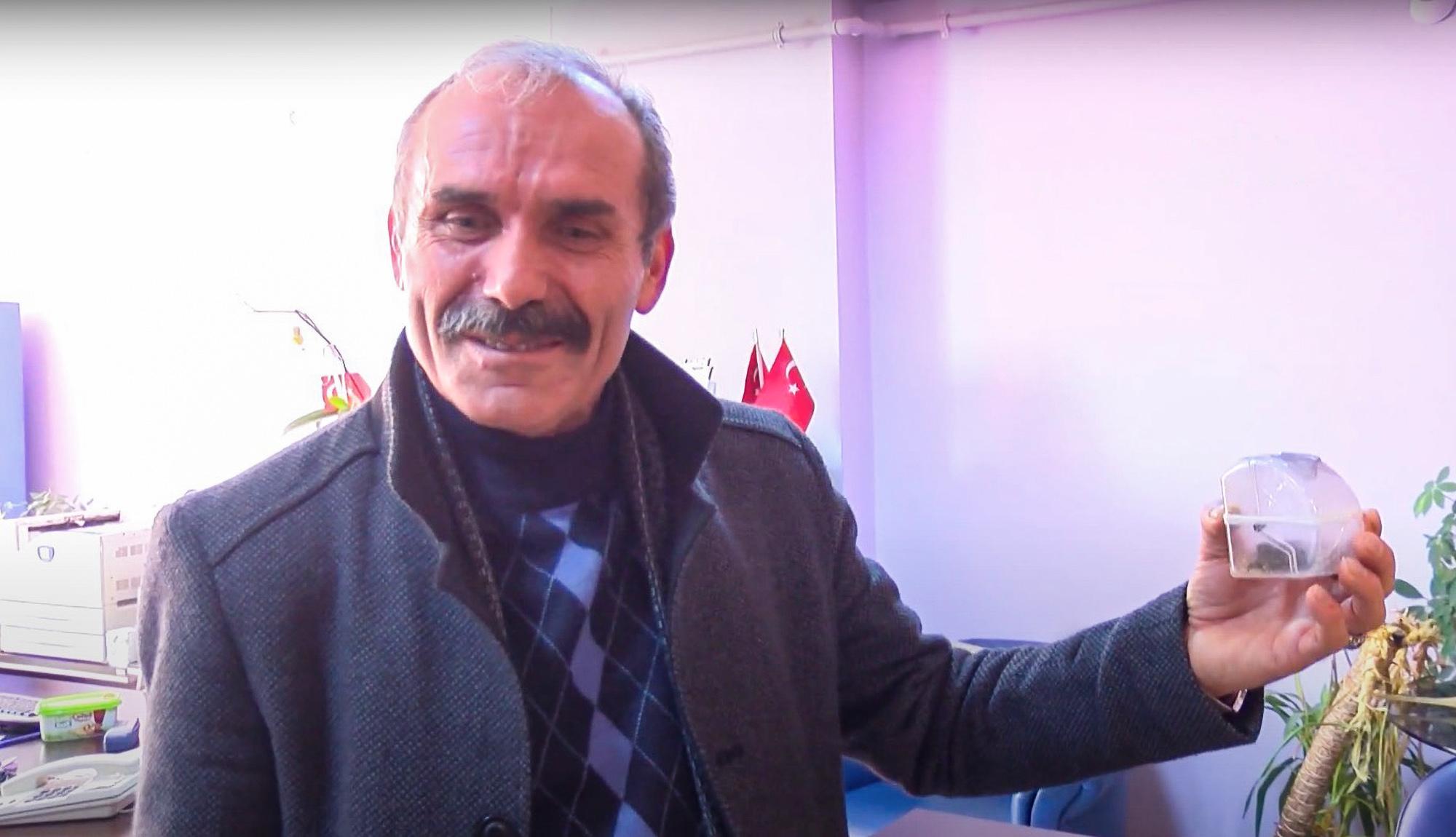An Israeli apiculture technology expert has claimed that the inventions of his team of engineers offer viable alternatives to commercial pollination practices.
Agricultural entrepreneurs in the United States and other countries take honeybee colonies to different locations to ensure the pollination of their crops.
Environmentalists have criticised this measure over its allegedly harmful impact on the insects. Honeybees transported to regions they are unaware of are reportedly at great risk of dying due to stress.
Thai Sade is the founder and CEO of BloomX, a tech company based in the town of Rishpon.
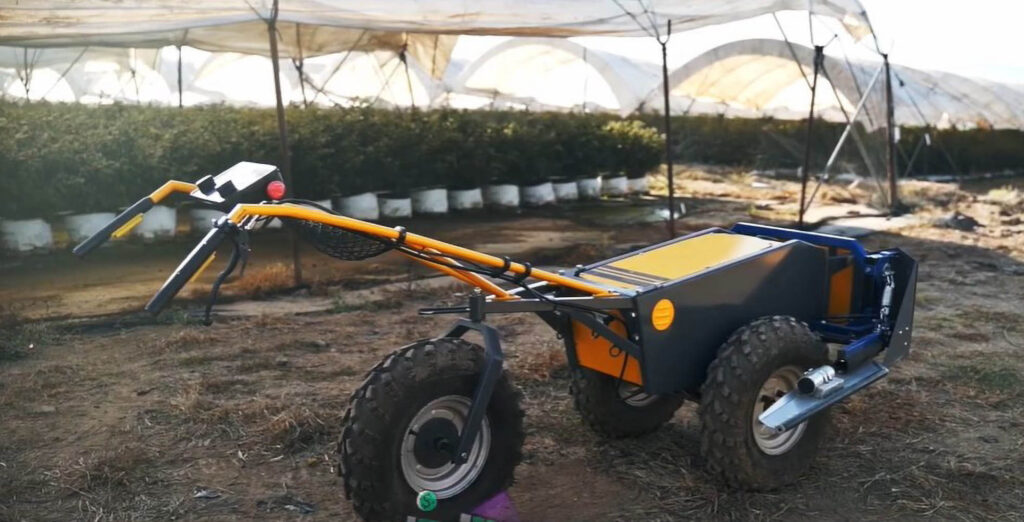
According to its website, BloomX aims at “helping growers improve their profitability.”
The company is confident that its inventions help to “boost profitability with our scalable and efficient bio-mimicking pollination technology.”
Speaking to the BBC, Thai argued: “We are not replacing bees, but rather offering more efficient pollinating methods to farmers and reducing the dependence on commercial honeybees.”
With its devices, BloomX currently concentrates on the pollination of avocados and blueberries.
The Israeli firm’s main product ‘Robee‘ bears similarities with a common lawnmower. ‘Robee’ has two mechanical arms which can vibrate. When they do so while being brushed over blueberry plants, they cause them to release their pollen.
Its creators say that the device imitates the vibration levels of bumblebees. The insects, which are one of the tens of thousands of solitary pollinators that exist in the world, use their wings to agitate the flowers.
The BloomX engineers underline on the firm’s website: “We’ve also developed a predictive algorithm that tells growers exactly when the best time is to pollinate, based on environmental data and other factors.”
They argue this approach ensures that the pollination process is “as effective as possible.”
Another BloomX creation, ‘Crossbee’, is a handheld tool for collecting and spreading sticky pollen grains between avocado trees.
Thai explained that ‘Robee’ and ‘Crossbee’ featured GPS trackers and were controlled by artificial intelligence software connected with an app.
The BloomX boss claimed that his firm’s products had the capacity to increase fruit yields by up to 30 per cent. The devices created by engineers at BloomX have been sold to farmers in Spain, the United States and several countries in South America.
Speaking about the colony relocation in agriculture and commercial beekeeping, Thai criticised their intensive deployment would “pose a threat to indigenous wild bees who are forced to compete for food and are exposed to new diseases.”
Many solitary pollinators, or wild bees, strongly depend on certain plants and flowers. Construction projects and the excessive application of pesticides put these creatures at great risk.

